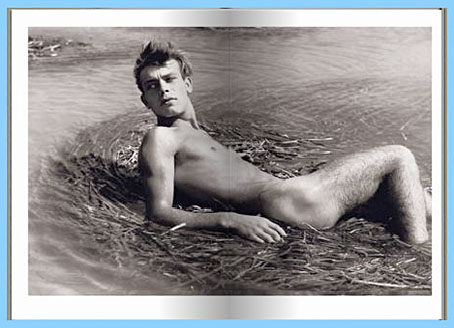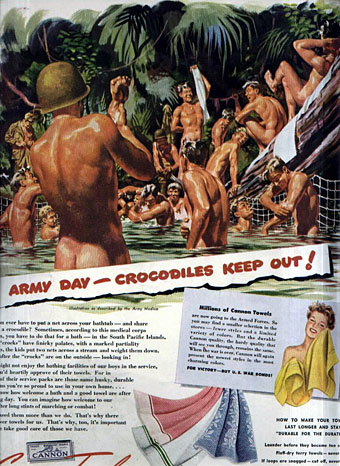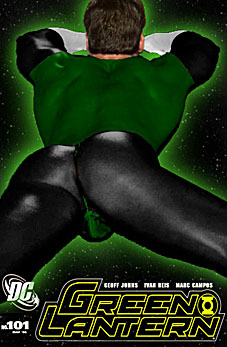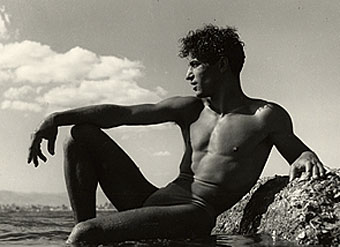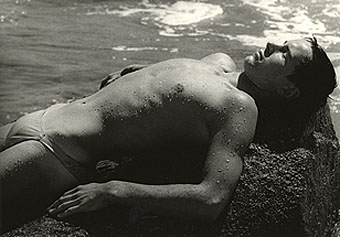From Homo Sum by Konrad Helbig.
For once, a decent and restrained use of Flash. The books of erotic photography for sale from www.6×6.com can be browsed via simple animations that turn the pages of the book. A gimmick but it makes a change from clicking through another load of gallery thumbnails. Their site is divided into Blue, for pictures of men, and Pink for pictures of women. Some nice desktop downloads as well.

